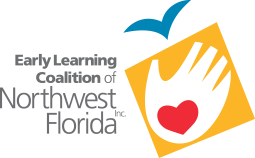September 26, 2024
Discover Essential Community Resources in Northwest Florida through ELCNWF
We are excited to announce that the Coalition has updated our County Community Resources Directories, making it easier than ever for residents…
September 23, 2024
5 Hurricane Preparation Tips for Families
As Hurricane Michael taught us, it is crucial for families to have an emergency plan in place to ensure the safety and…
September 4, 2024
Notice of Public Meeting: ELCNWF Board of Directors, September 11, 2024
The Board of Directors of ELCNWF will meet on Wednesday, September 11, 2024 at 11:00 a.m. CT Conference Call Link to Join…


